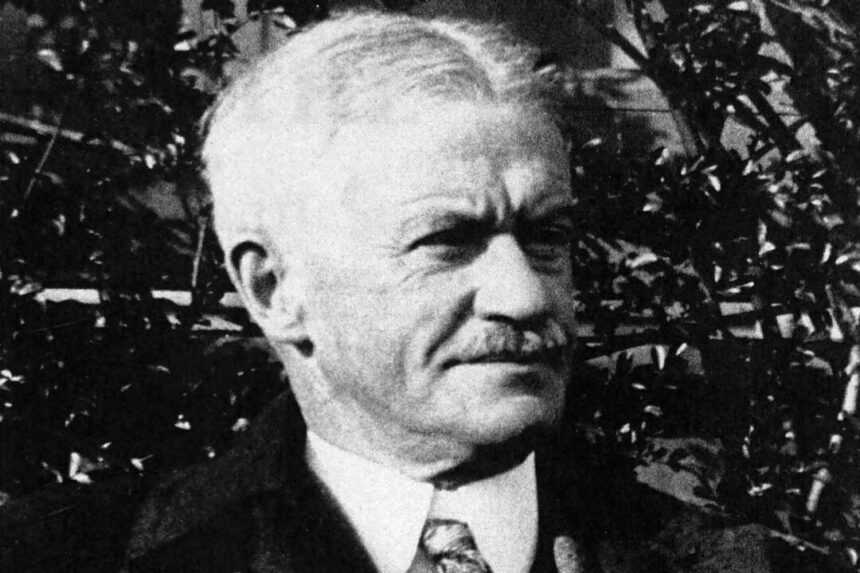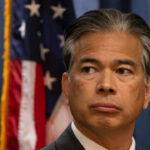The “Memoirs of a Superfluous Man” by Albert Jay Nock, published in 1943, was a rite of passage for dissidents from the prevailing ideology of the 1950s and 1960s in America. It sought a restoration of traditional rights and freedoms in the aftermath of economic depression and war. This seminal text was crucial to the personal formation of many, including William F. Buckley, reflecting a level of learning lost with mass education.
Nock’s worldview in the “Memoirs” offers a deep insight into the thoughts of a political dissident from the collectivist era and provides a comprehensive argument for freedom and civility. Despite its potential to become a classic read for generations, the book was overshadowed by the rise of militarism during the Cold War.
Known for his essay “Our Enemy, The State” and his biography of Thomas Jefferson, Nock’s work showcases his cultural, political, and ideological perspectives. His critical stance against welfare, government-managed economies, and war made him a true man of letters and an advocate for individual freedom.
Nock’s writing style in the “Memoirs” captivates readers by subtly highlighting societal issues and questioning established norms. Through his narrative, he sheds light on the flaws of the corporate state, emphasizing the importance of preserving decency, beauty, and civilization in society. He illustrates this not through deductive reasoning, but through calm and engaging stories of the richness, diversity, and productivity of life when the State does not interfere. In a society without centralized control, he believed that the “court of tastes and manners” should guide society, rather than laws or religion. He rejected the idea of trying to improve others through coercion, a trait he saw as common among his peers. He had a disdain for politics, viewing politicians as “dreadful swine” who were unfit to govern. Despite his traditionalist views, he believed in the importance of economic freedom for the establishment of social and political freedom. He had a deep understanding of economics, criticizing the bubble economy of the 1920s and the misguided focus on money over commodities. “I possessed more money than one could imagine, but it was nearly useless for buying anything.”
On fiscal policy:
“Many believe that the State has its own money, particularly in America. This is a misconception. The State has no money of its own; it is funded solely through taxation, which is essentially taking money from others. There is no such thing as ‘government money.’ The government does not contribute to schemes such as pension plans or insurance, as it has no funds to do so. In reality, the individual ends up paying for everything, including the government’s share through taxes. This results in expensive forms of insurance for the individual, with bureaucratic costs adding to the burden.”
Nock also criticizes the pre-New Deal reform movements, noting the shift in liberalism from a focus on liberty to other objectives:
“Liberals supported measures like the income tax and popular election of senators without considering the implications. These actions paved the way for collectivism, as the political process became a battle for control of the State’s resources. Over time, the liberal movement adopted class-war rhetoric, leading to a struggle between different groups seeking power.”
Nock believed that the Great Depression and two world wars solidified America’s faith in the corporate state, causing a shift in loyalties from individuals to the State. He rejected patriotism based on blind loyalty to government, emphasizing the importance of critical thinking and independence of thought:
“Patriotism should not be blind loyalty to government or political systems. True patriotism involves loyalty to principles and values, not just to a particular nation or its leaders. It is essential to question authority and think independently, rather than blindly following nationalistic or patriotic rhetoric.”
Nock challenges the conventional notion of patriotism, urging individuals to think beyond borders and political structures in defining their allegiance:
“Patriotism is not simply loyalty to a geographical location or political system. It should be based on principles and values that transcend national boundaries. Blind allegiance to government or leaders is not true patriotism; it is important to critically evaluate the actions and policies of those in power.”
The truth that is eventually revealed is the same for everyone. If a tree can be judged by its fruits, then the qualities and conditions of the people living under a system should reflect the system’s merit. Upon observing different peoples and systems, it becomes clear that there is no inherent saving grace in any system. The administration of a system determines its merit or demerit.
When discussing loyalty to one’s country, it is important to define what one means by “one’s country.” Patriotism was initially directed towards one’s town or county in the early years of the American republic. National patriotism was a concept that emerged later under consolidation. Nock believed that a person’s country is where the things they love are most respected.
Nock was critical of global consolidation and the idea of a World State superseding nationalist states. He emphasized the importance of freedom of association as the essence of true freedom. Despite his sometimes pessimistic views, Nock found personal joy in fighting evil and exposing it.
Nock’s example of using his mind and pen to fight against tyranny is more instructive than his theories. He believed in self-education, literary achievement, and the pursuit of the good life. His essays serve as a valuable resource for arming young minds against nonsense. Consider reading his collection of essays, such as “Snoring as a Fine Art,” which offers insights into historical events and strategies. In the end, Kutuzov’s strategy emerged victorious, showcasing the power of doing more by doing less. Nock suggests that more individuals should adopt this approach, emphasizing the importance of purposeful snoring as a means to achieve unattainable goals. He argues that our society would benefit from recognizing the value of this practice and reducing excessive thinking, planning, and organizing in favor of more restful activities.
While not a foolproof strategy, there is a growing exhaustion within our culture as people become weary of constant activism, outrage, and demands for change. Nock believes that this frenzied pursuit of societal transformation is futile and that the key to reclaiming a sense of normalcy lies in embracing the freedoms that remain and living a simpler, more grounded life.
It is important to note that the views expressed in this article are the author’s opinions and may not necessarily align with those of The Epoch Times.
Source link





